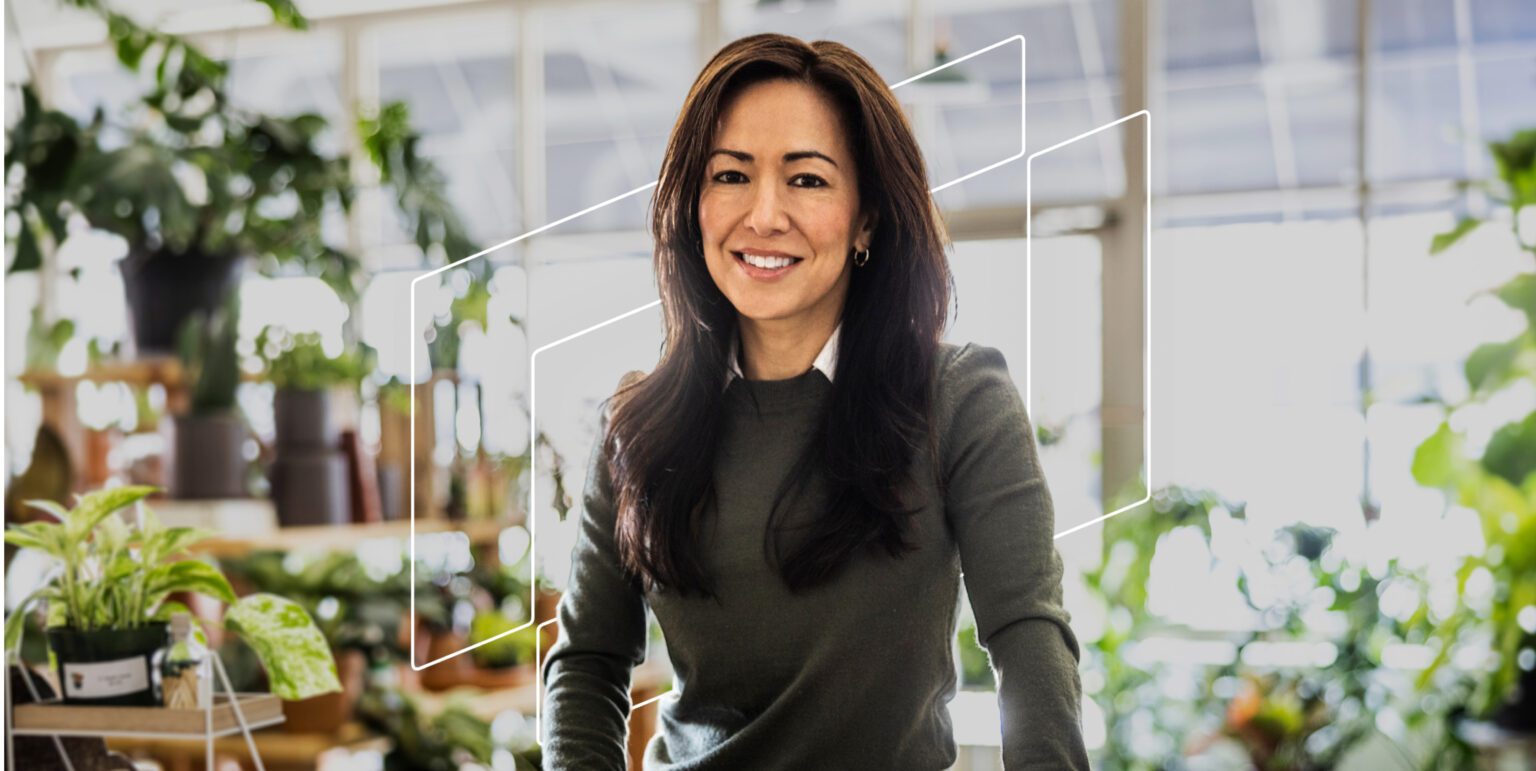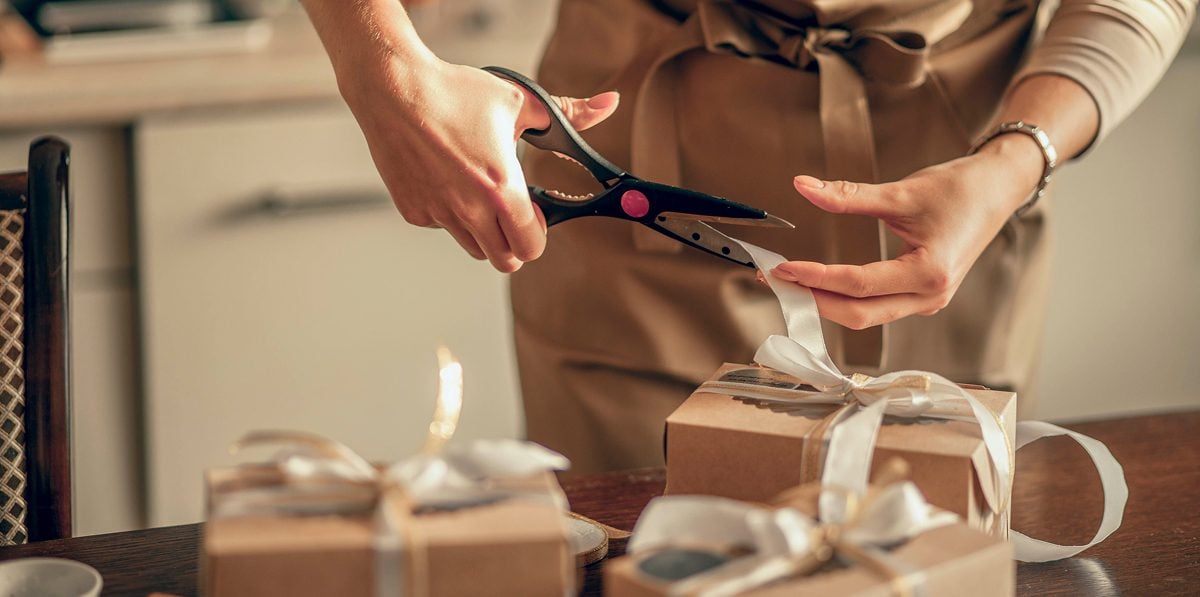A sustainable handbag producer and a grain upcycling business on how small businesses can minimise their impact on the environment.
At a glance
Here’s a snapshot of the advice from our interviewees:
- Small business owners in New Zealand are increasingly conscious of ways to be more sustainable.
- An over-reliance on carbon offsets can hinder meaningful change and distract from implementing sustainable practices.
- Sue Ryburn’s sustainable handbag business uses minimalist and recyclable packaging consisting of paper and cardboard.
- The Upcycled Grain Project upcycles leftover grain from beer production to create its products, taking what would otherwise go to waste and turning it into something new.
In the face of an escalating climate crisis, businesses are under pressure to help reduce their carbon footprint.
Small businesses can face greater hurdles than their larger counterparts when it comes to adopting eco-friendly practices, due to barriers such as financial constraints and lower headcounts.
However, through strategic partnerships and resource optimisation, some businesses are making significant strides in reducing their environmental footprint and contributing to a more sustainable future.
Why don’t they just use carbon credits?
It may seem convenient for a small business to compensate for its emissions by purchasing carbon credits from the government – but they might not be the silver bullet they appear to be.
According to a report from the Climate Commission, the emissions trading scheme of which carbon credits are a part could place too large a focus on planting trees at the expense of other even more effective techniques of reducing emissions.
“The current pathway we are on seems to reward sequestration in forests above gross emissions reduction,” commission chair Dr Rob Carr told Stuff. “If we are on that pathway, the commission’s conclusion is, we will not meet the target.”
In other words, an over-reliance on climate credits can distract small business owners from initiating meaningful change. Purchasing credits can foster a false sense of sustainability, allowing companies to continue with a business-as-usual mindset rather than taking steps to make their practices more sustainable.
As the collective sense of urgency around climate change grows, it’s crucial that businesses of all sizes create comprehensive emissions reduction policies to avoid letting short-term fixes such as climate credits get in the way of long-term solutions.
We’ve gathered insights from two small business owners who have prioritised sustainable practice instead of relying on carbon credits and now have shared what they’ve learnt along the way.
After Story
Sue Ryburn is the founder and owner of After Story, a designer handbag company that has taken principles of sustainability to heart.
“At After Story, we believe sustainability is an essential part of our brand,” says Sue. “We believe our innovative designs reduce our carbon footprint.”
Taking an innovative approach to product longevity has ensured that After Story’s offering avoids unnecessarily contributing to waste.
“All our handbags are convertible, which means you get two bags in one,” she says. “On top of that, we include a protective bag made out of waterproof material, perfect for storing wet gear in.”
“Our minimalist packaging consists of recyclable paper and cardboard, and comes with a card on how to best utilise all the materials in our courier packaging.”
Clearly communicating the business’s sustainability intentions to customers – with the aim of convincing them to also lean into sustainability in their use of After Story products – is also part of Sue’s efforts.
“Our minimalist packaging consists of recyclable paper and cardboard, and comes with a card on how to best utilise all the materials in our courier packaging,” she says.
The business’s next step is seeing the protective bags being reused rather than disposed of.
“And we will continue to review our processes to keep coming up with new methods to help reduce waste,” adds Sue.
She has a forthright call to action for consumers and businesses alike.
“Stop making excuses to throw away something because it’s not useful anymore,” she says. “Let’s reduce waste with better quality and design, and let’s recycle materials.”
Upcycled Grain Project
Rutherford & Meyer is another business embodying sustainable practices at the core of its operations, specifically via the Upcycled Grain Project, which produces crackers and snacks using grain left over from beer production.
“As we delved into [using leftover grain], we began to understand what upcycling was,” owner Jan Meyer told Kea.
“Brewers usually use up to 7kg of grain to produce 21 litres of beer, and the spent grain either becomes animal feed or goes into landfills, [but] now instead we get it delivered to our factory to go through a drying process before being ground into a flour and made into food products. I love that we’re using it twice!”
But the Upcycled Grain Project goes further than that – Jan said the grain is sourced by a local brewery that is also committed to embodying sustainability principles.
By upcycling, Jan and her business cut into the waste cycle and support the circular economy.
How Prospa has reduced its environmental impact
At Prospa, we’re serious about our impact on our people, communities and the planet. We’ve partnered with Trace to measure, minimise and offset carbon emissions to reduce our impact on the environment.
As well as working to reduce its carbon emissions, Prospa has offset 100% of carbon emissions from its energy use, suppliers, travel, and waste for the 12 months to February 2022, via funding to audited climate projects including:
- Cool Fire Traditional Land Management, Arnhem Land NT, Australia: Supports Arnhem Land Fire Abatement, which uses the technology of traditional owners and contemporary knowledge to conduct fire management across more than 80,000sq.km
- Coorong Lakes Biodiversity Conservation, South Australia: Partners with traditional owners to protect and restore the native landscape, producing biodiversity credits.
- Efficient cookstoves, Kathmandu Valley, Nepal: Distributes cooking stoves that emit less harmful smoke and use less firewood.
- Katingan Peatlands Conservation, Central Kalimantan, Indonesia: Protects 150,000 hectares of peat swamp, which was under threat of clearing for a commercial Acacia plantation. This prevents the release of 7.5 million tonnes of CO2 per year.
- Generating clean wind energy, Telangana, Andhra Pradesh, Madhya Pradesh and Rajasthan, India: More than 150 wind energy generators across four states feed clean energy into the grid, reducing reliance on thermal power stations and fossil fuels.
Looking to fund a strategic initiative? Consider how a Prospa Business Line of Credit can help boost cash flow and fund a sustainability initiative with longevity.




